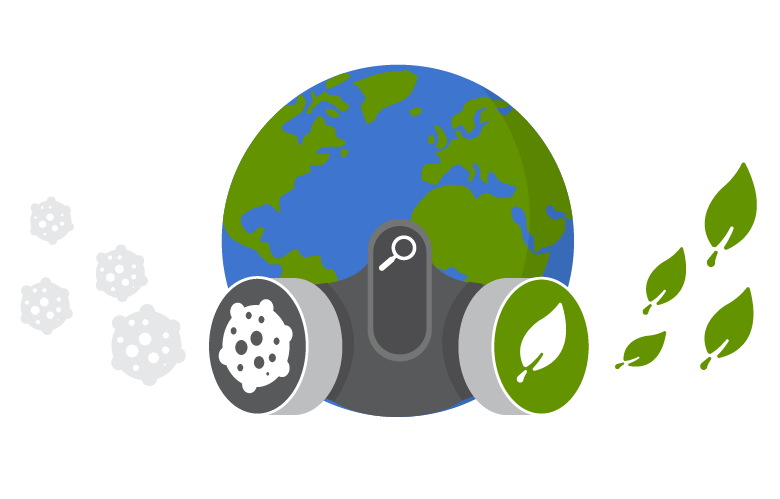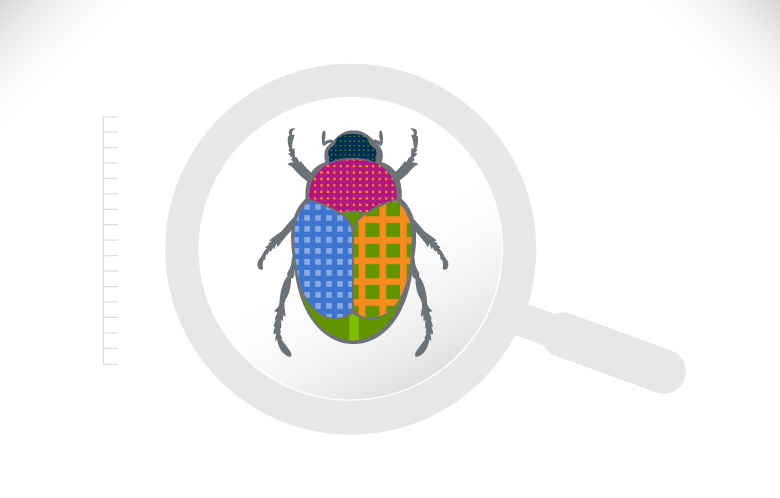It’s no surprise that agriculture and farming practices are dependent on a variety of factors to remain sustainable and resilient. With the ever-changing climate, pressing economic and social constraints, and varying natural environmental elements, agriculture and farming practices need to be able to adapt to the world around them.
This is where agricultural engineers come into play. Agricultural engineers apply engineering science and design principles to agriculture production. These engineers work to make farming practices more efficient by developing operational systems, recommending new machinery or equipment, and integrating modern technology among other things. Some recent developments in agricultural engineering include the introduction of robotic systems to improve weed control in agricultural fields and a solar-powered water filter to make saltwater drinkable.
Advancements like these need quality research tools to power the study and development of agricultural engineering. CAB Abstracts, developed by experts at CABI, is the leading English-language abstracting and indexing information service providing access to the world’s applied life sciences literature. Content in CAB Abstracts spans across various subject areas including veterinary sciences, plant sciences, human health, nutrition and more. This database covers agriculture and related interdisciplinary subjects such as economics, food science, and the environment.
Also developed by CABI, Global Health covers key literature relating to public health on a local, international, and regional level. Subject areas in Global Health include biomedical life sciences, health systems, epidemiology, and biostatistics. This database explores areas like environmental health and occupational health, which can be applied to fields like agricultural engineering. Paired with CAB Abstracts, these two databases can provide students and researchers with valuable information through access to core scientific journals.
Read more to learn about CAB Abstract and Global Health’s coverage in agriculture and how this research impacts the world of agricultural engineering and beyond.
CAB Abstracts Content
CAB Abstracts supports agriculture research, study and professional development by covering a variety of subject areas related to the field. The database explores agricultural engineering practices and policies, soil and crop health, land management and ecology, sustainable and regenerative agriculture, pest management and more. Content within CAB Abstracts comes from around the world, providing researchers with a global scope on agricultural studies.
But the research doesn’t stop there – CAB Abstracts literature spans across multiple disciplines in relation to agriculture. Some areas that the database explores include economic impact of farming, the implications of using artificial intelligence in agriculture practices, sustainability efforts towards food security, and attitudes towards urban agriculture.
Global Health Content
Global Health is another resource that explores agricultural engineering – specifically looking at its relation to public health. Some areas that Global Health explores includes education in agricultural engineering, modernization of agriculture technology in China, and potential for agricultural engineers to contribute to waste management systems.
As with other resources from CABI, Global Health covers interdisciplinary content relating to agricultural engineering. This database contains records on advancements in sustainable food supply systems, attitudes towards genetic engineering in agriculture, and a need for engineering standards in agriculture hitch pins.
Working Together to Inform Agriculture
CAB Abstracts and Global Health work together to provide researchers, students, and professionals in agricultural engineering with content relating to their field and beyond. Quality, peer-reviewed research can help agricultural engineers stay up to date with current findings in the field, discover new trends in agriculture related studies, and find evidence-based research to support practical applications.
Agricultural engineers can use CAB Abstracts and Global Health to research common issues that farmers are facing and find solutions based on data-driven content. End users can explore the database to find the latest technologies, practices or techniques being introduced to the field and how they are impacting problems engineers are trying to address. Researchers can also uncover the developmental status of progress being made around the world in various areas of agricultural engineering. Additionally, the database contains conference proceedings so users can see what important topics are emerging and being discussed in the field.
By providing agricultural engineers with a comprehensive view of current research being conducted in the field, engineers can make informed decisions about how to improve farming operations and make processes more efficient, sustainable and productive. CAB Abstracts and Global Health enables the work of agricultural engineers by providing timely information on farming, aquaculture, horticulture, crop science, soil science and environmental science.
CABI is a leading academic publisher in life sciences with extensive coverage from around the world. Trusted resources, like CAB Abstracts and Global Health, provide researchers, students, faculties and librarians with comprehensive content selected by subject experts. Advanced filtering, the CABI Thesaurus controlled-vocabulary tool, CABI Codes, and precise subject indexing make searching across these databases easy and time efficient. CAB Abstracts and Global Health are available via EBSCO research platforms.



